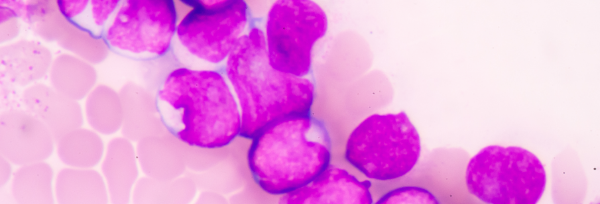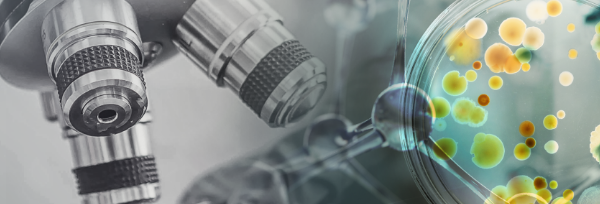MENARINI is a fully integrated privately owned pharma company with a long and successful heritage in strategic partnering across the globe. We have a profound know-how stemming from our strong R&D capabilities in key therapeutic areas, coupled with our excellence in commercial execution and our powerful direct presence on a global basis.
Allergology
What is an Allergy reaction and how does it develop?
Allergies are an abnormal and specific reaction of the immune system to harmless substances in the environment, called allergens. Allergens can be of various kinds: pollen, dust, mold, food, occupational agents, mites, insect poison, animal dander. People with allergy could be exposed to an allergen by inhaling it, swallowing it, or gettin in on their skin. After this exposition there is a sequence of events triggering the allergic reaction: the induced production of IgE antibodies (immunoglobulins E), binding the allergen, causes the release of various substances by some cells of the immune system such as mast cells and basophils.
The main substance that is released during allergen exposure is histamine which induces an excessive reaction of the blood vessels and smooth muscle tissue and therefore the appearance of clinical manifestation of the disease, with symptoms which may vary depending on the part of the body involved.

Allergic rhinitis
Allergic rhinitis (AR) is a symptomatic disorder of the nose induced after allergen exposure due to an IgE-mediated inflammation of the membranes lining the nose...

Urticaria
Urticaria is a condition characterized by the development of wheals (hives), angioedema or both...























